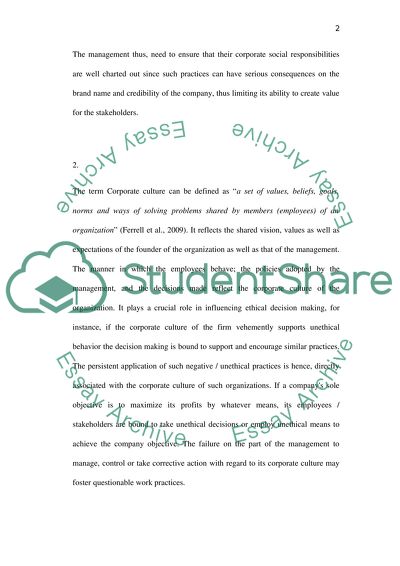Cite this document
(“Questions Essay Example | Topics and Well Written Essays - 1250 words”, n.d.)
Retrieved from https://studentshare.org/environmental-studies/1408310-questions
Retrieved from https://studentshare.org/environmental-studies/1408310-questions
(Questions Essay Example | Topics and Well Written Essays - 1250 Words)
https://studentshare.org/environmental-studies/1408310-questions.
https://studentshare.org/environmental-studies/1408310-questions.
“Questions Essay Example | Topics and Well Written Essays - 1250 Words”, n.d. https://studentshare.org/environmental-studies/1408310-questions.


